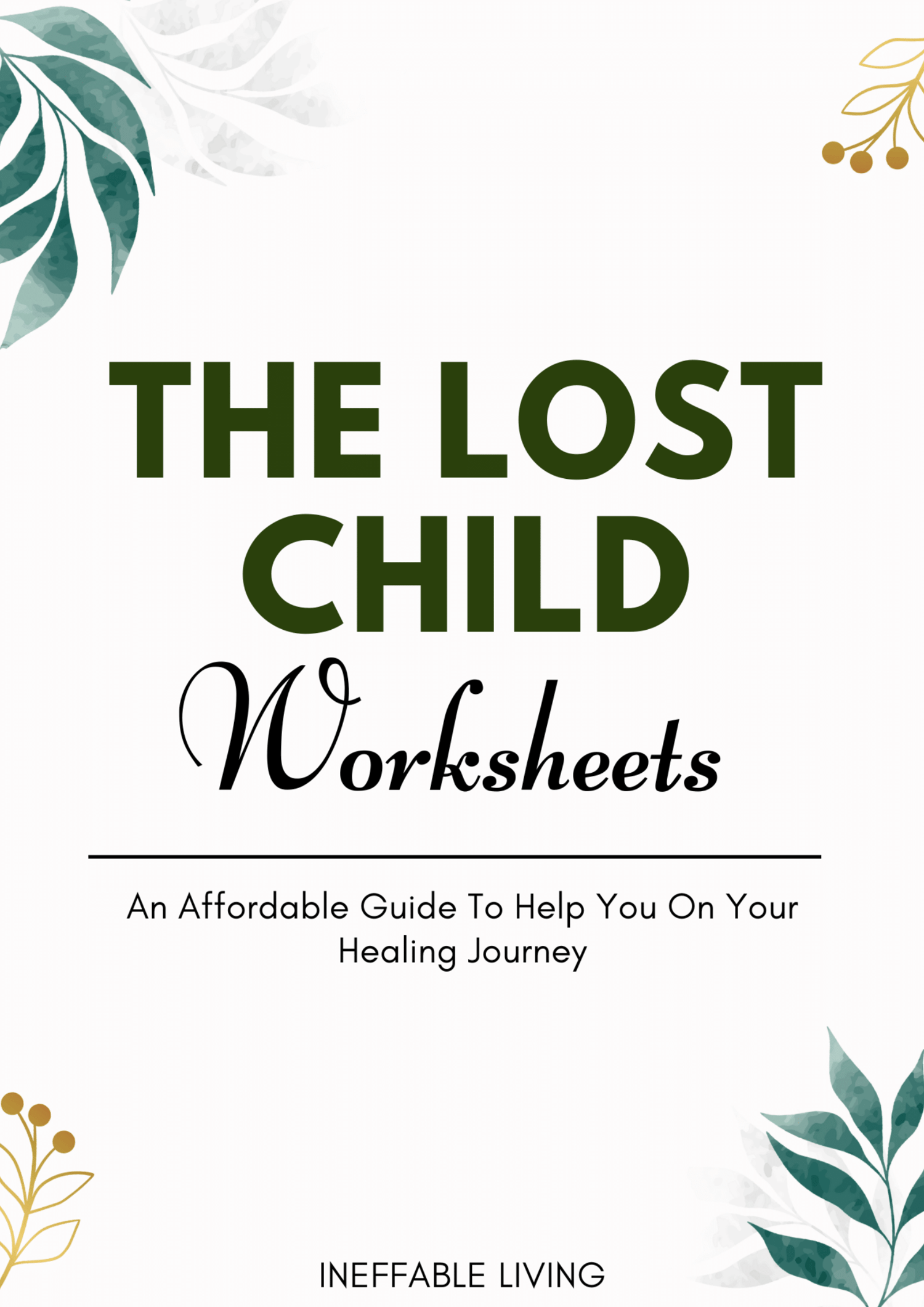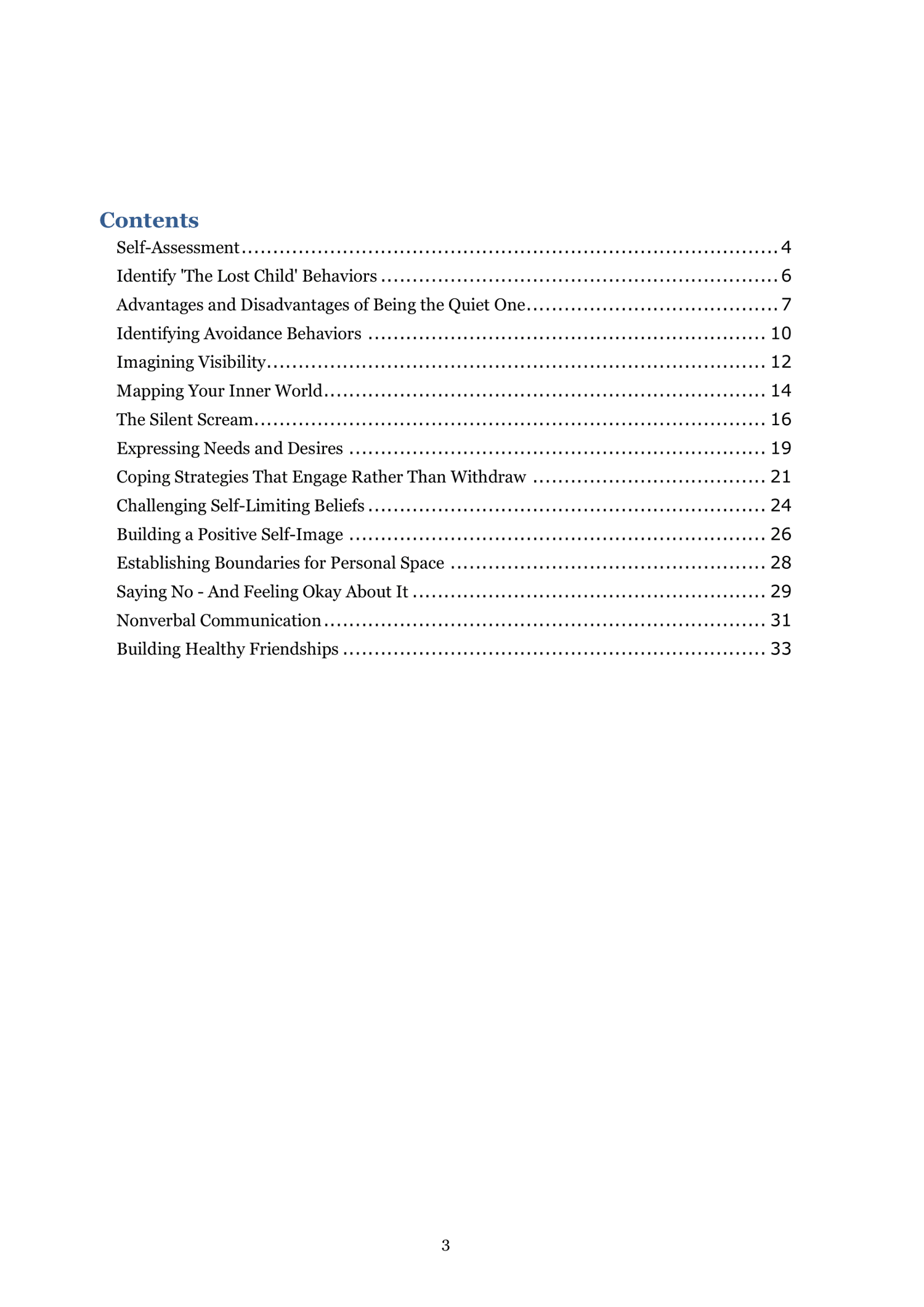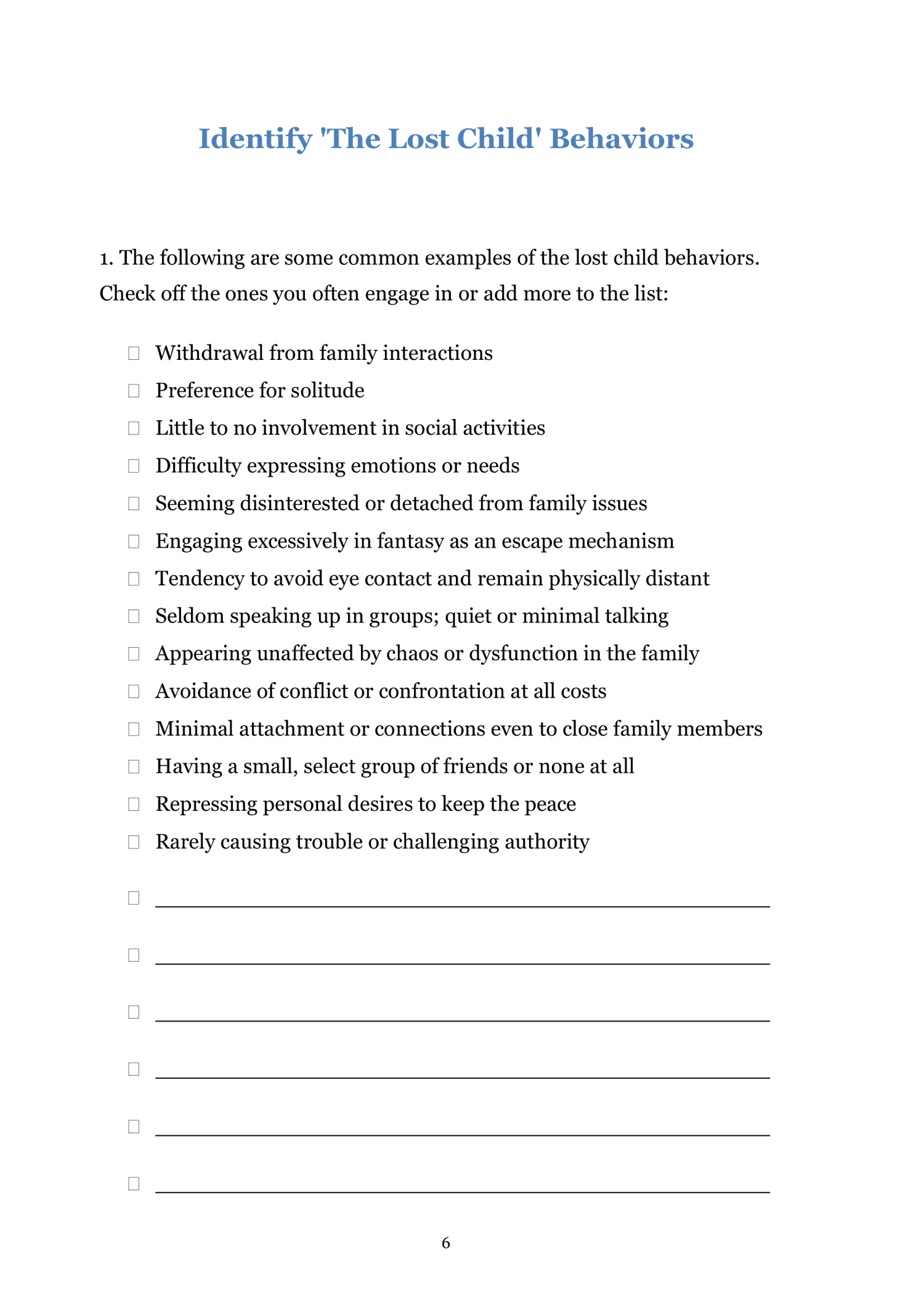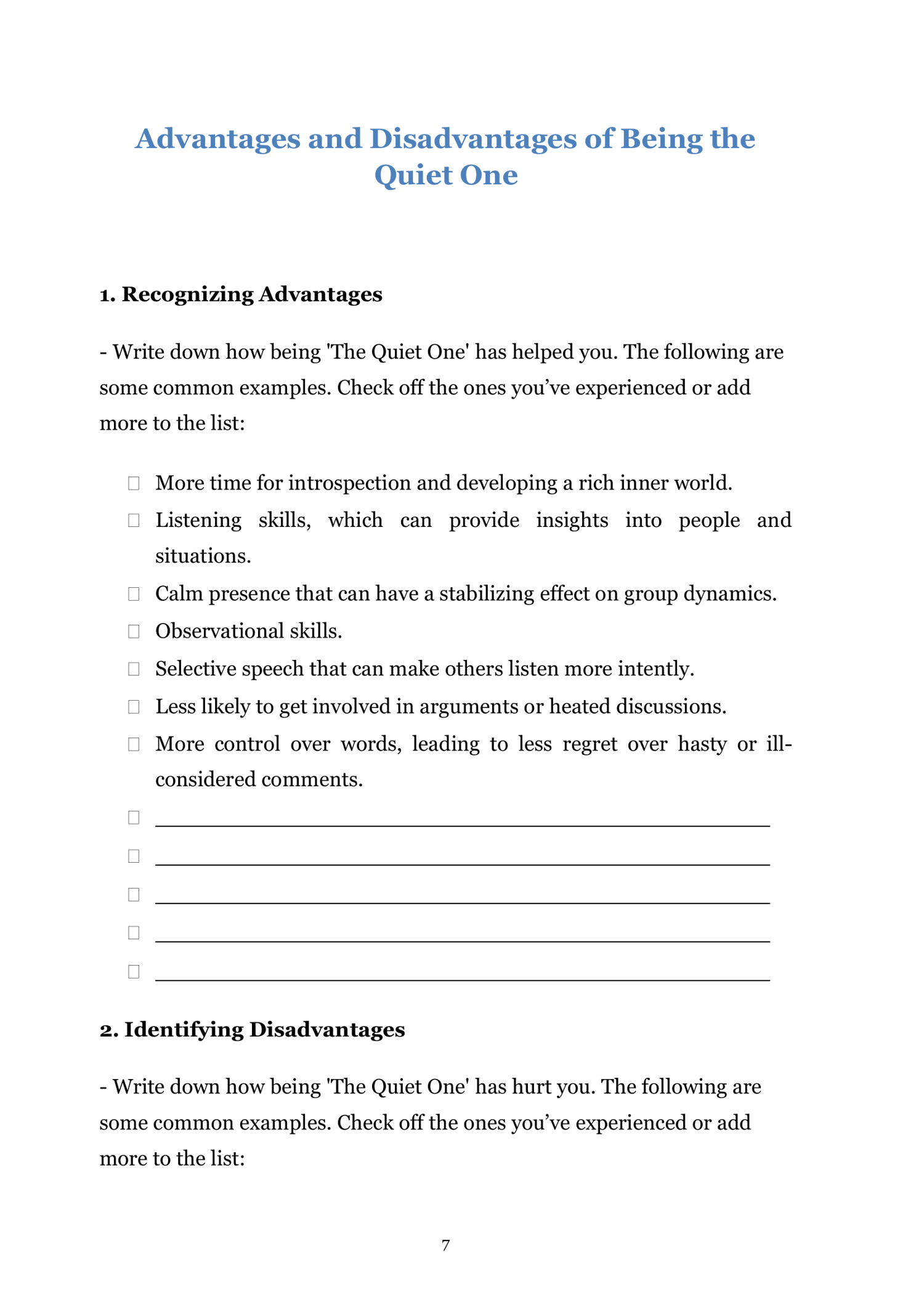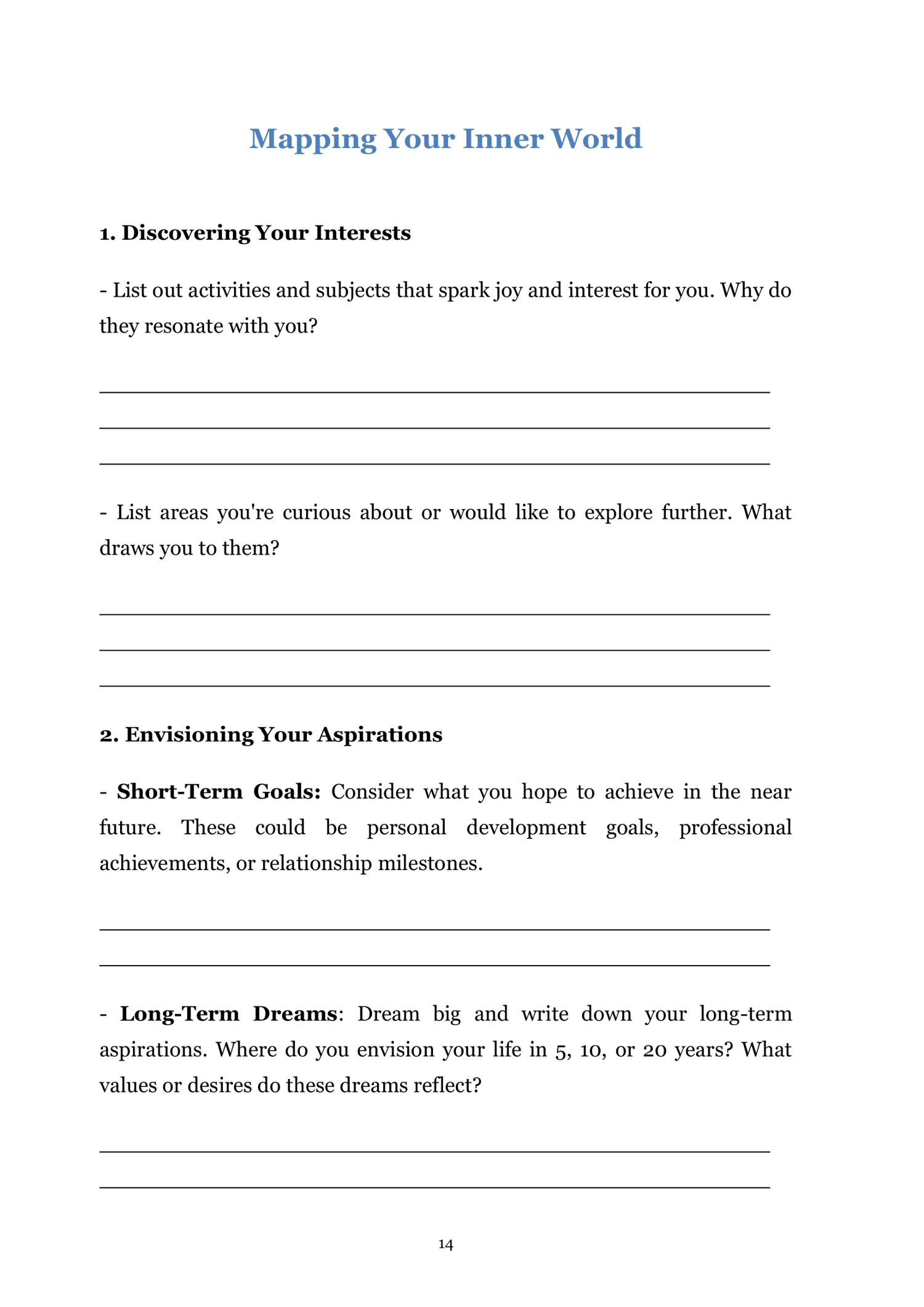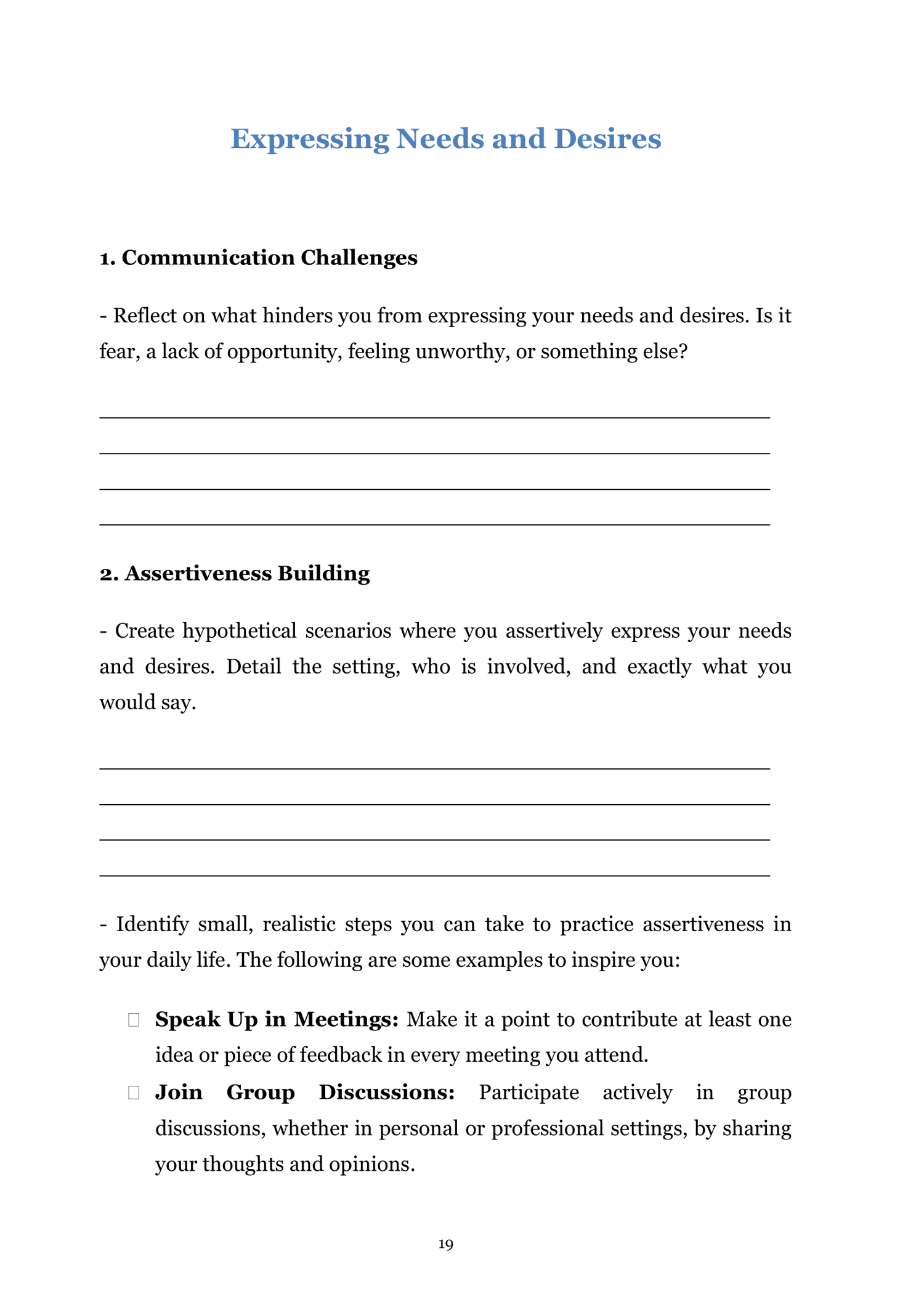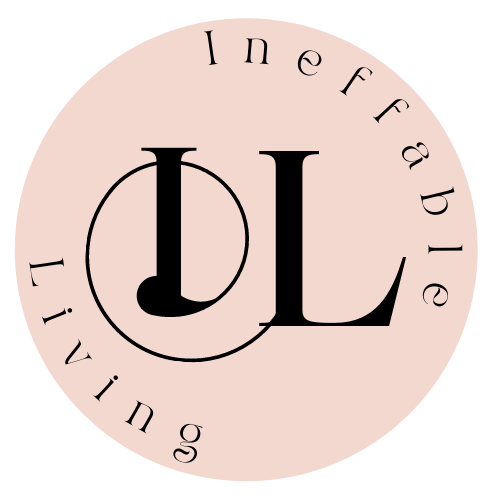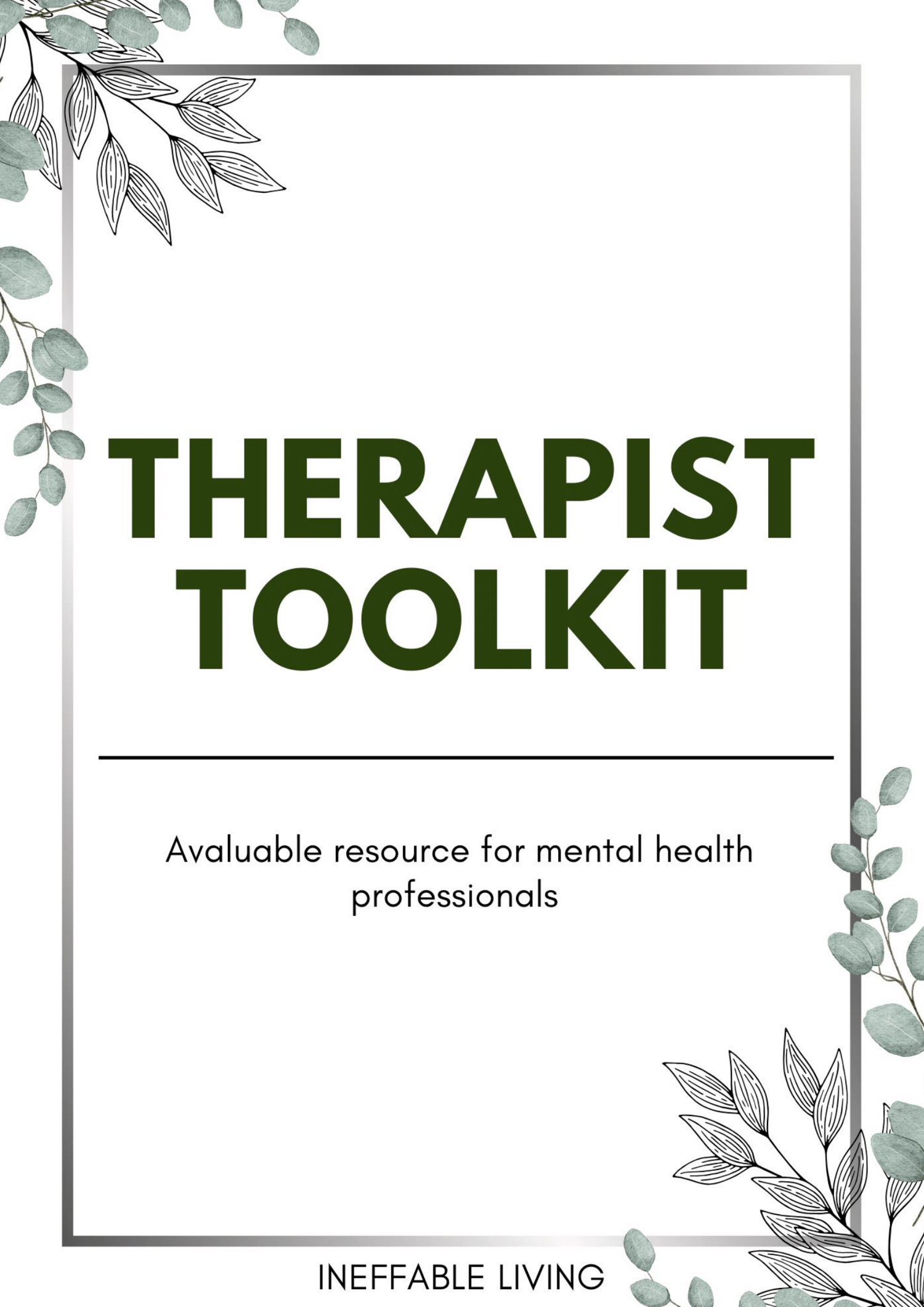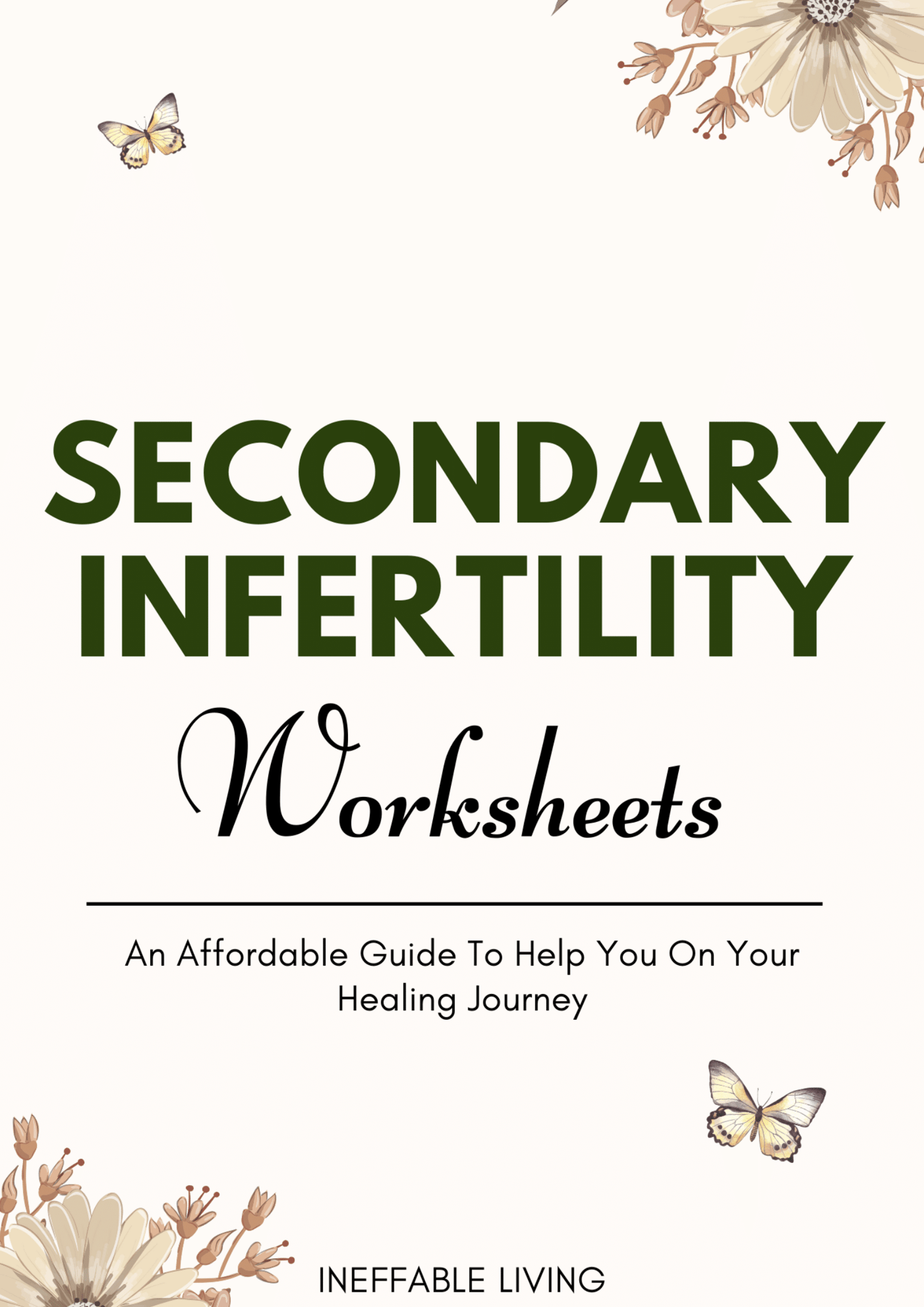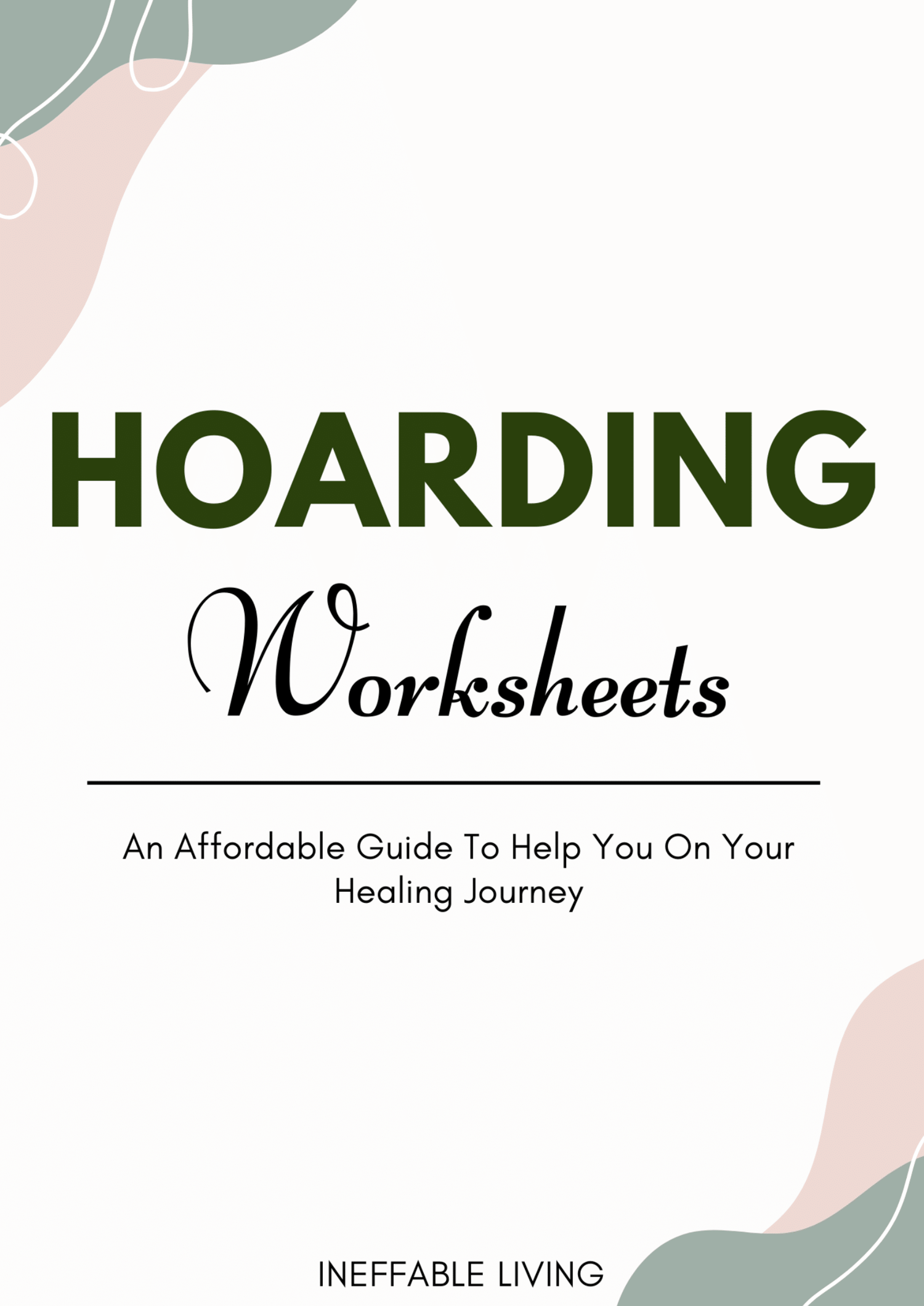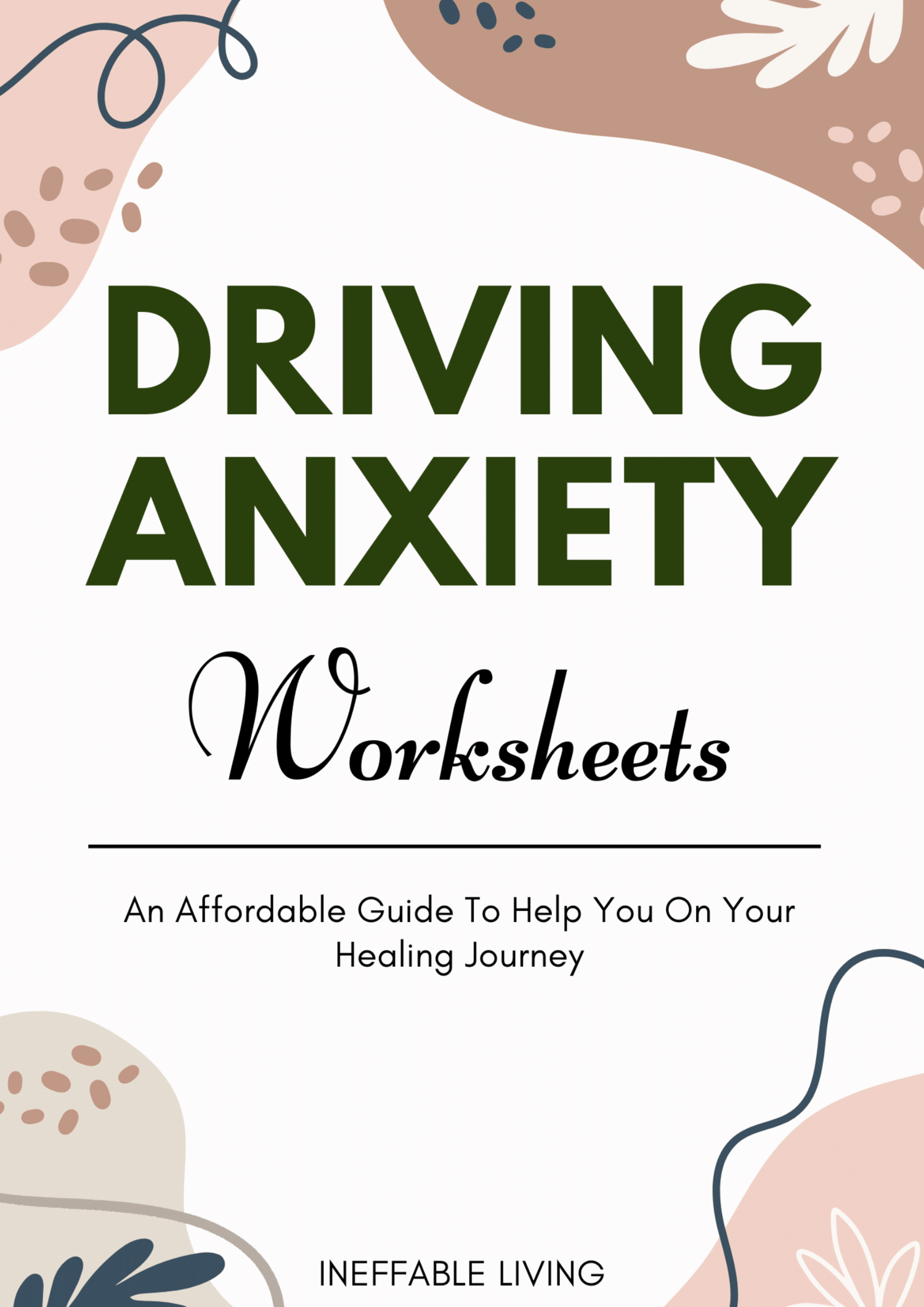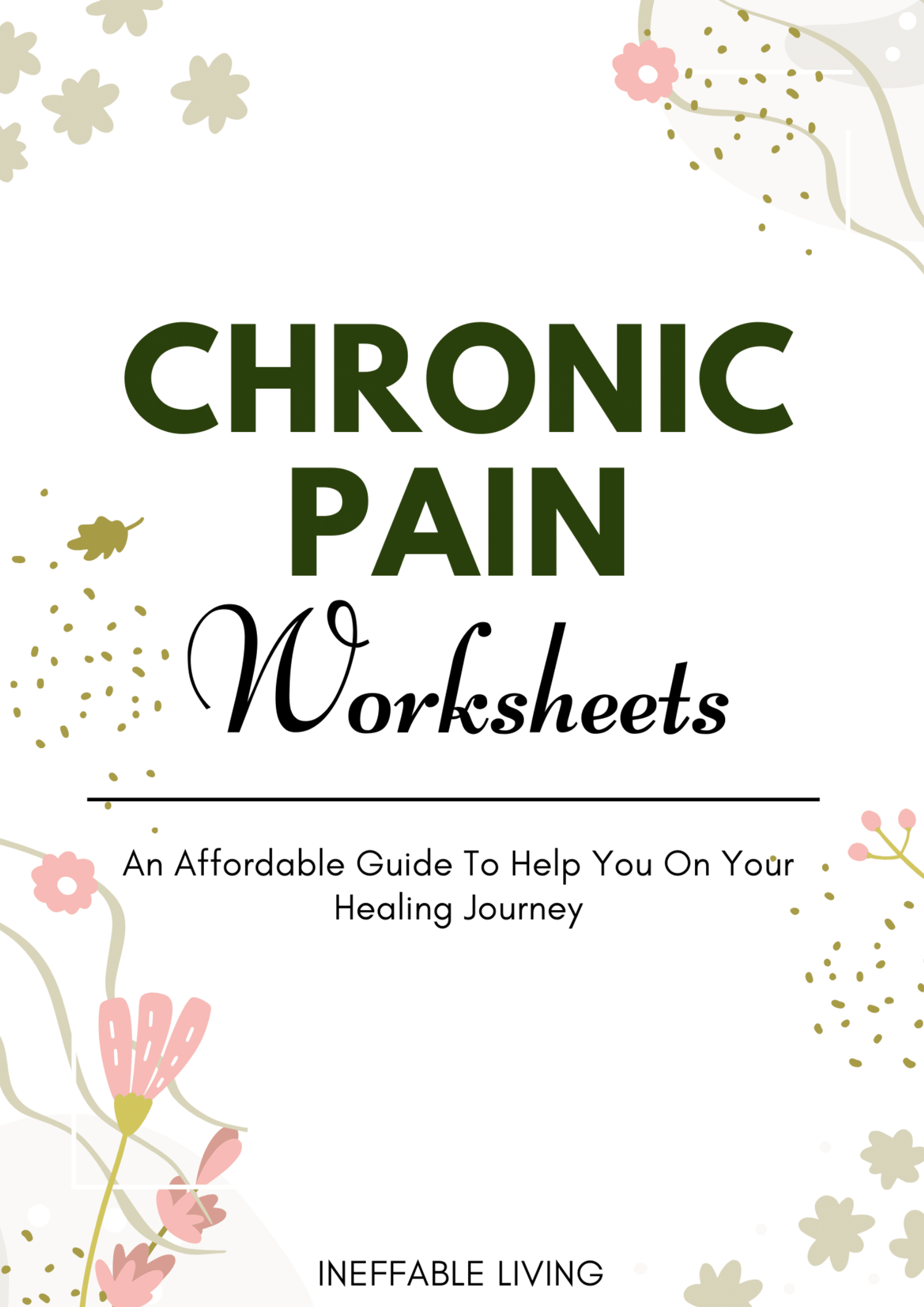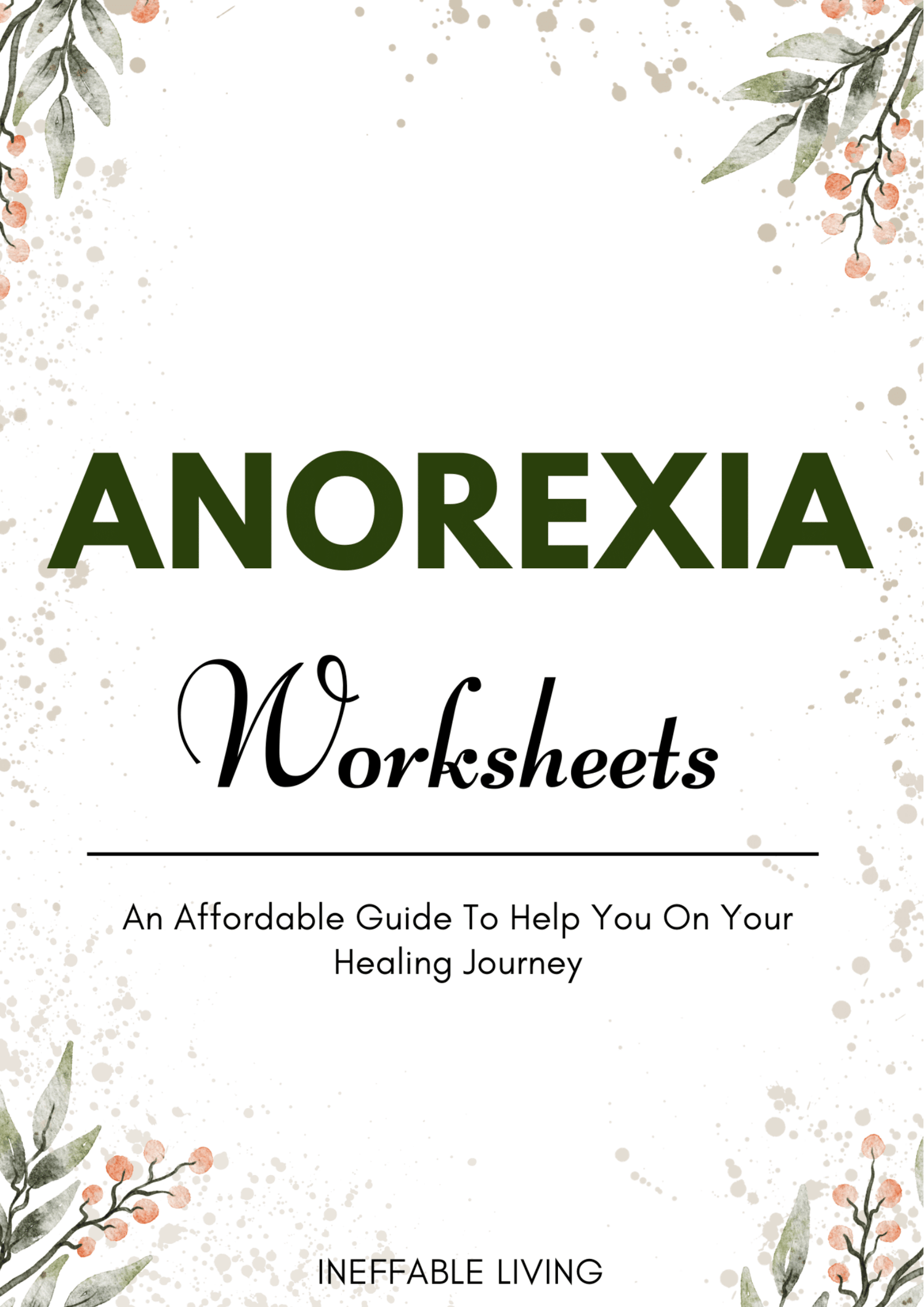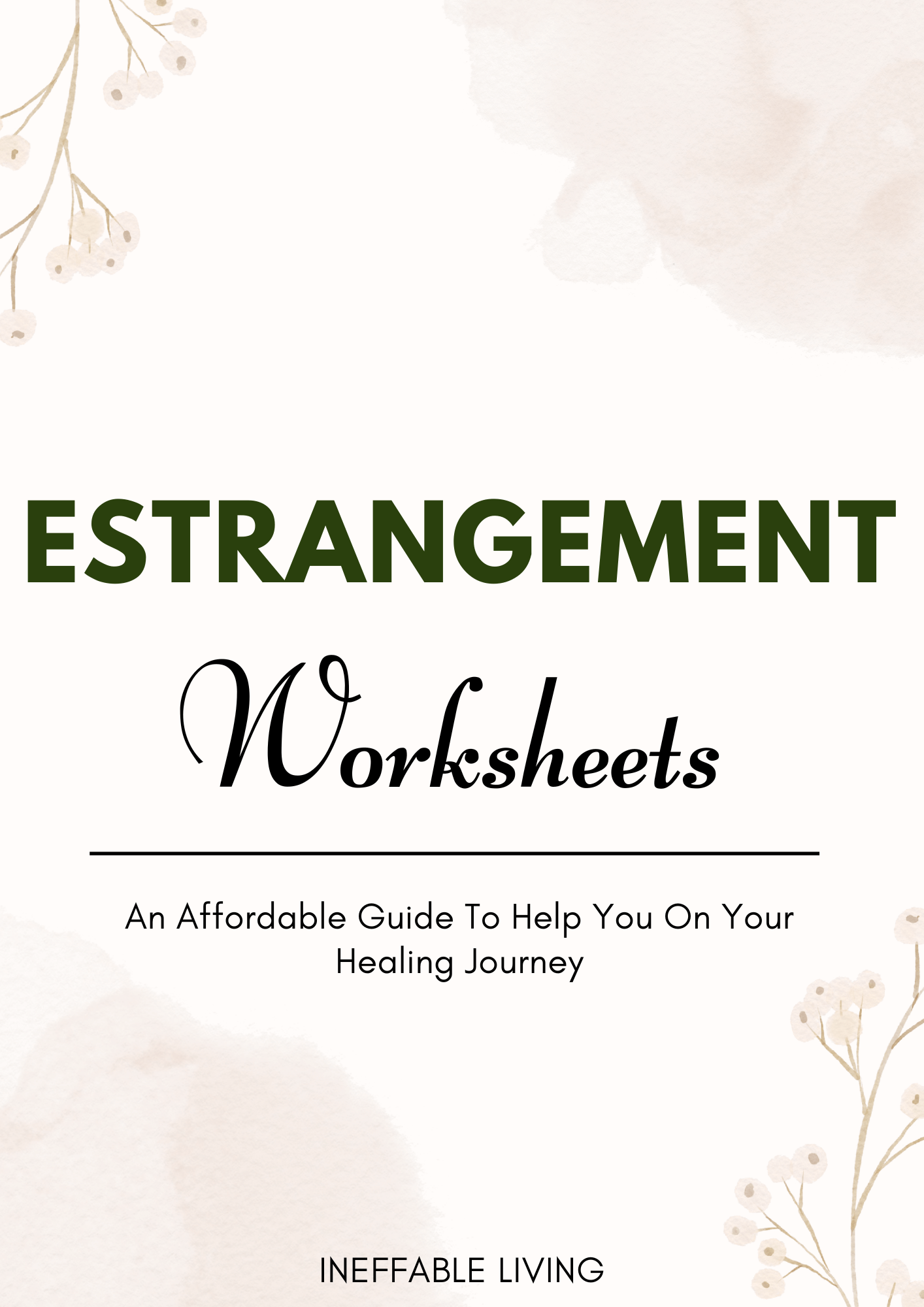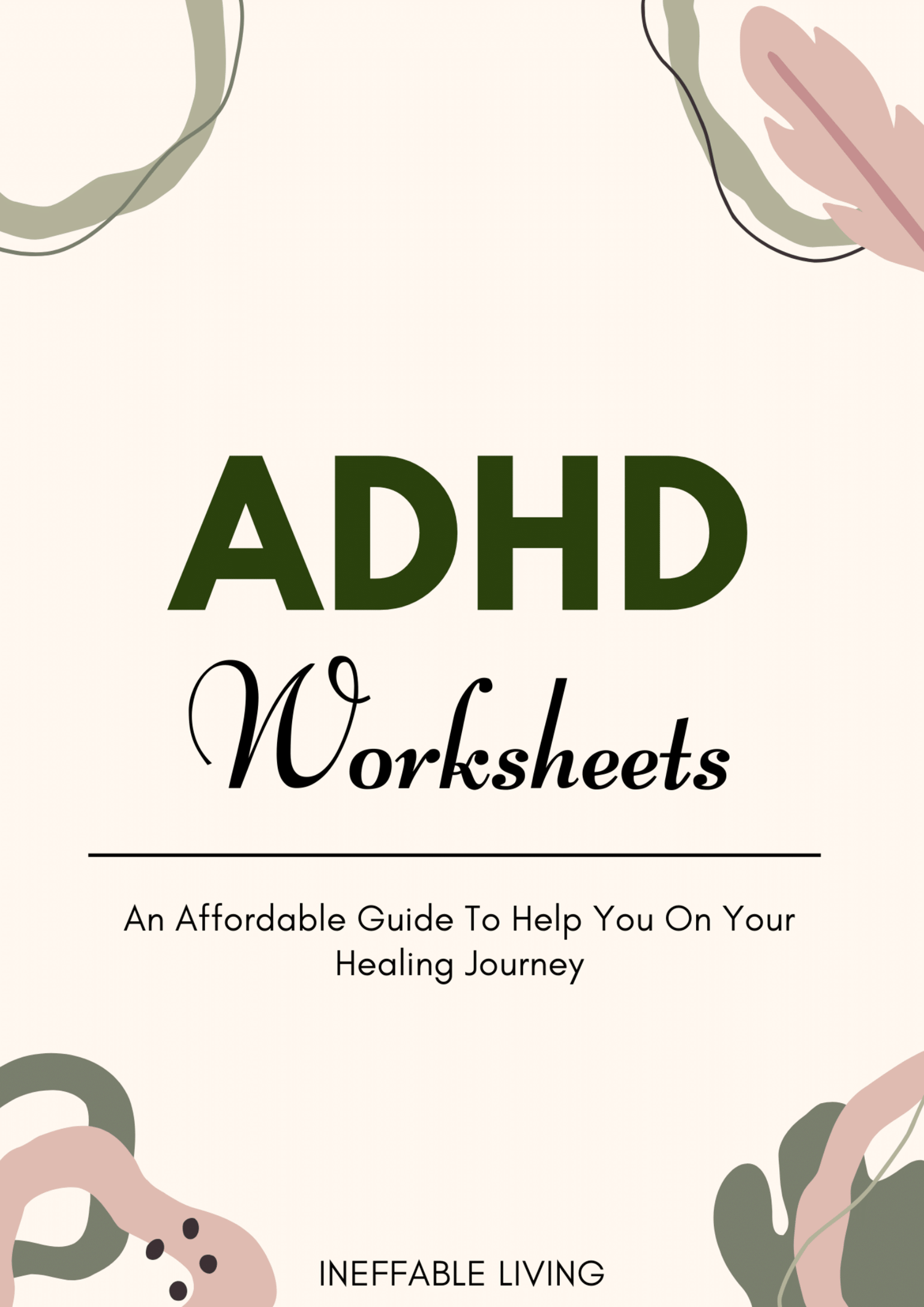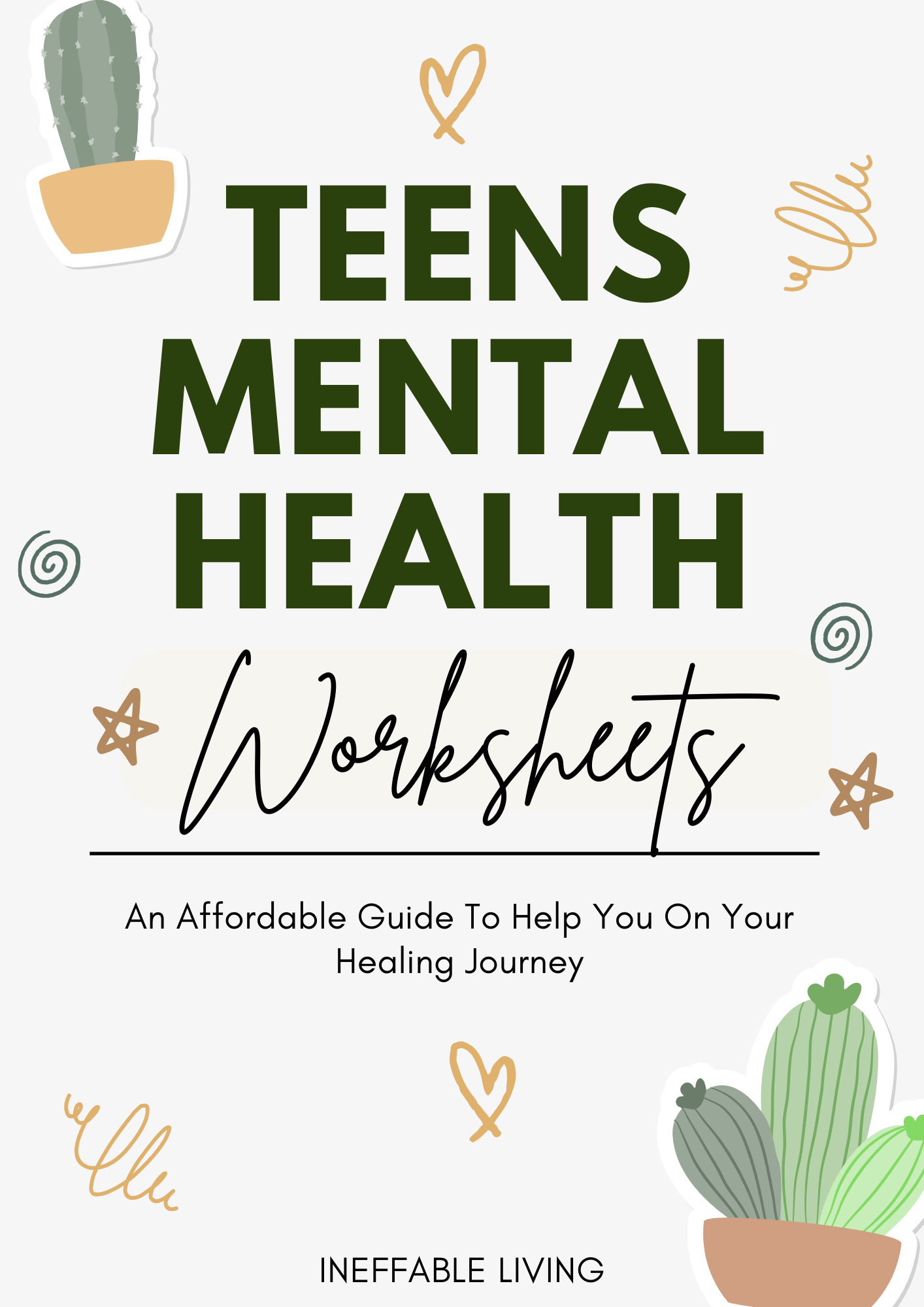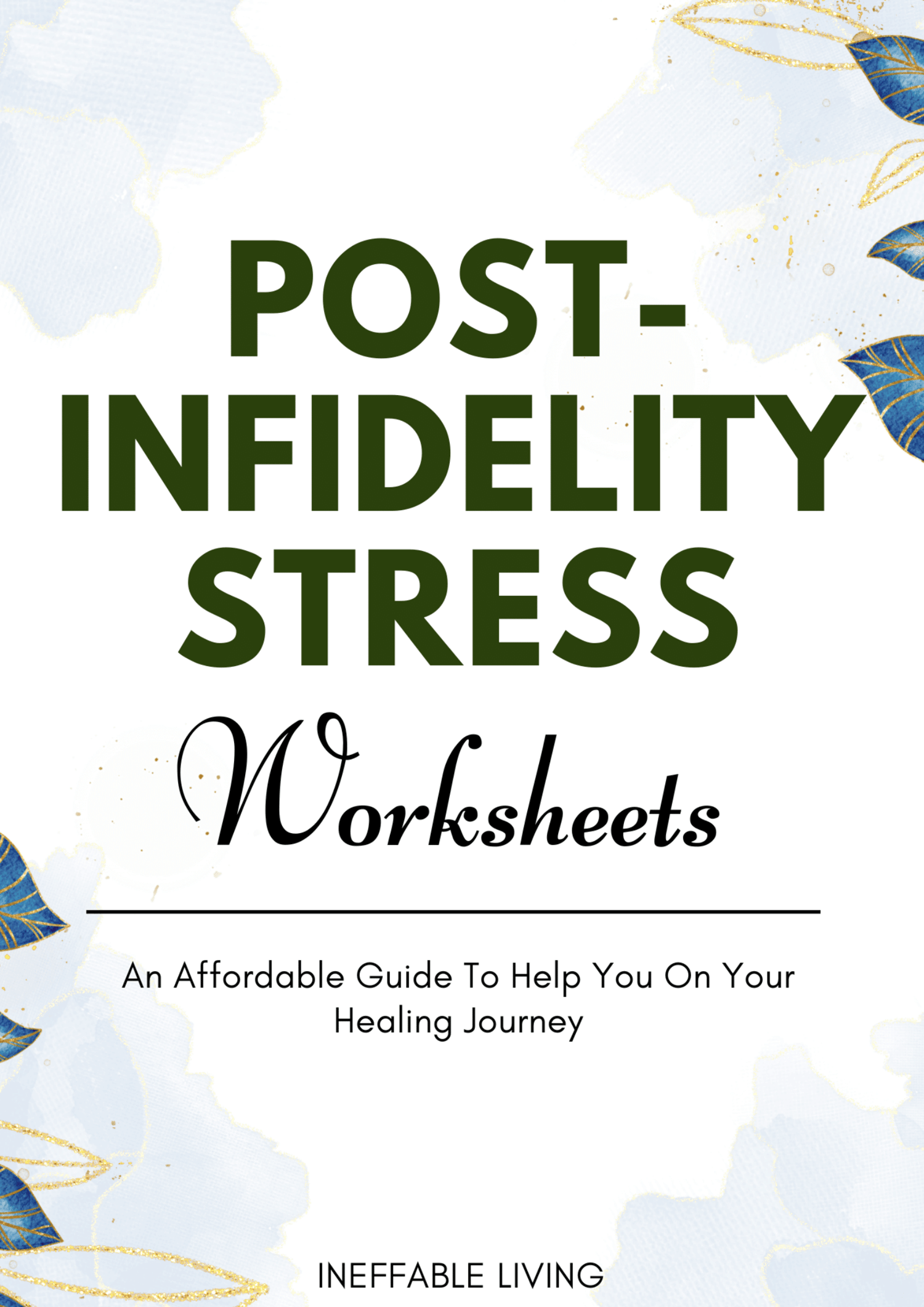The Lost Child (or The Quiet One) Worksheets
Get Entire Shop Bundle for 80% off!
Get Dysfunctional Family Roles Bundle for 60% off!
The Lost Child (or The Quiet One)
Do you relate to any of the following?
- Do you often feel invisible or as if you're not fully part of your family or peer groups?
- Do you tend to keep to yourself, figuratively 'disappearing' during conflicts or group interactions?
- Is it common for you to feel disconnected from the events happening around you?
- Do you find yourself avoiding attention, perhaps due to discomfort or fear of being judged?
- Are you the person family or friends least expect to speak up or stand out in any way?
- Have you developed solitary hobbies or interests as a comfort zone, where being 'lost' feels safe?
- Do you struggle with expressing your needs and desires because you're used to them being ignored?
- Does it seem like your family or friends know very little about your personal life, thoughts, or feelings?
- Do you internalize your emotions instead of sharing them with others for fear of burdening them or being dismissed?
- Have you ever wished to be more visible or acknowledged but don't know how to break out of your current patterns?
- Do you sense that people often forget to include you in plans or consider your opinion in group decisions?
- Might you have been labeled as shy, reserved, or independent because you seldom engage with others openly?
If so, The Lost Child Worksheets can to assist you in exploring your inner world, understanding your tendency toward invisibility, and guiding you towards a more engaged and empowered existence.
(+30 pages of evidence based exercises and techniques)
What’s Included?
Self-Assessment
Identify 'The Lost Child' Behaviors
Advantages and Disadvantages of Being the Quiet One
Identifying Avoidance Behaviors
Imagining Visibility
Mapping Your Inner World
The Silent Scream
Expressing Needs and Desires
Coping Strategies That Engage Rather Than Withdraw
Challenging Self-Limiting Beliefs
Building a Positive Self-Image
Establishing Boundaries for Personal Space
Saying No - And Feeling Okay About It
Nonverbal Communication
Building Healthy Friendships
Who Is The Lost Child (or The Quiet One)?
In the context of dysfunctional family systems, "The Lost Child," also known as "The Quiet One," is a role usually taken on by a child or member who tends to withdraw and become inconspicuous.
The Lost Child can experience a significant sense of loneliness and may have a hard time developing close relationships or social skills due to their withdrawn nature.
They might also struggle with a sense of identity because they haven't received much attention or validation from their family.
****
Refuse to remain unseen. Take the first step toward a more fulfilled and acknowledged self. Embrace a future where your voice is heard and your contributions are celebrated.
These worksheets are more than just simple prompts; they're a road map for those looking to navigate out of the shadows and into a life where their presence is recognized and valued.
Through introspective exercises and actionable steps, you'll learn to connect with your true self and express that self authentically in all areas of life.

